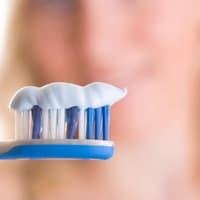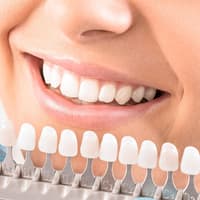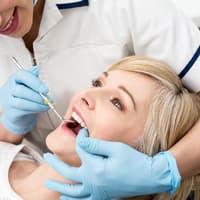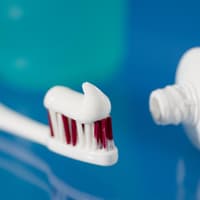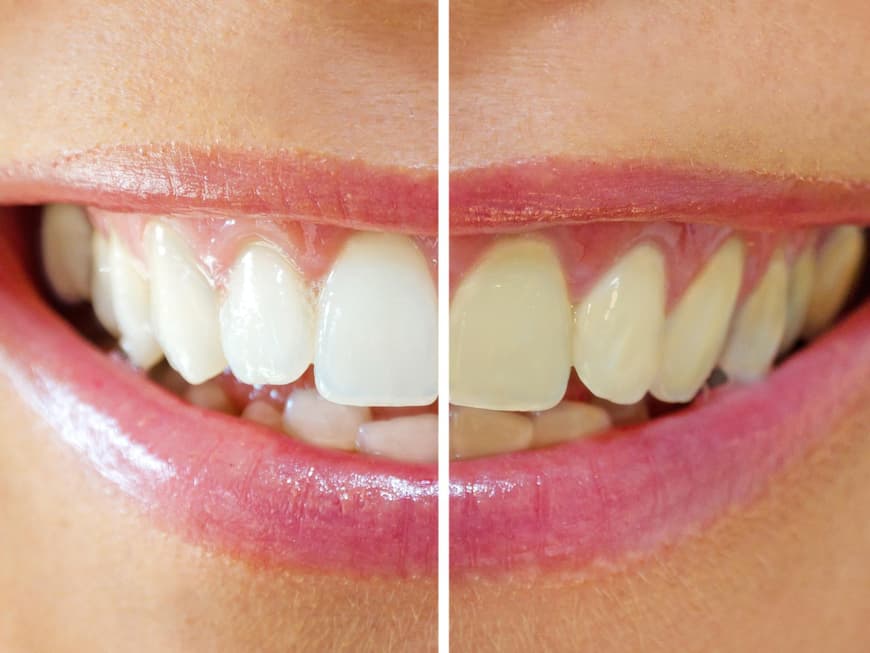
A beautiful smile with gleaming, bright teeth is the perfect calling card. But very few people have this naturally. Can I make my teeth brighter with bleaching or am I doing them permanent damage? We spoke to someone who should know.
What should you always bear in mind when whitening your teeth?
"The teeth must be healthy and free of caries and inflammation. You should have your teeth professionally cleaned before bleaching. And: teeth can be whitened by a maximum of two to three shades."
When should I avoid it?
"In the case of caries and teeth damaged by periodontitis. These diseases must be treated beforehand. If the patient has crowns or bridges, these are not whitened as well, so whitening is only possible to a limited extent. It is also better to avoid treatment if you have teeth that are sensitive to pain."
Is it painful to whiten teeth?
"It's different for every patient, but sensitivity can occur up to 48 hours after the treatment."
What are the risks and disadvantages?
"One risk can be the possible color difference between the natural teeth and existing fillings and crowns. And after some time, the teeth can naturally darken again, especially if the patient eats tooth-discoloring foods and is not so careful with dental hygiene."
When does the effect of bleaching wear off?
"After three to five years. It costs from around 300 euros. You can also try to lighten the teeth with products from the drugstore, but the effect is not as effective and improper use can cause stains or even damage to the enamel."

